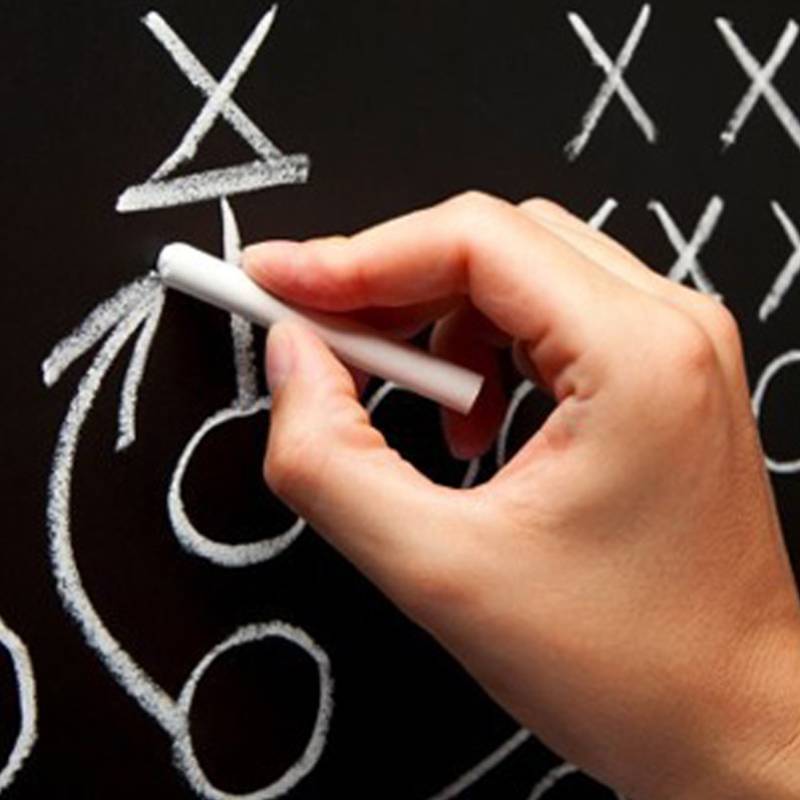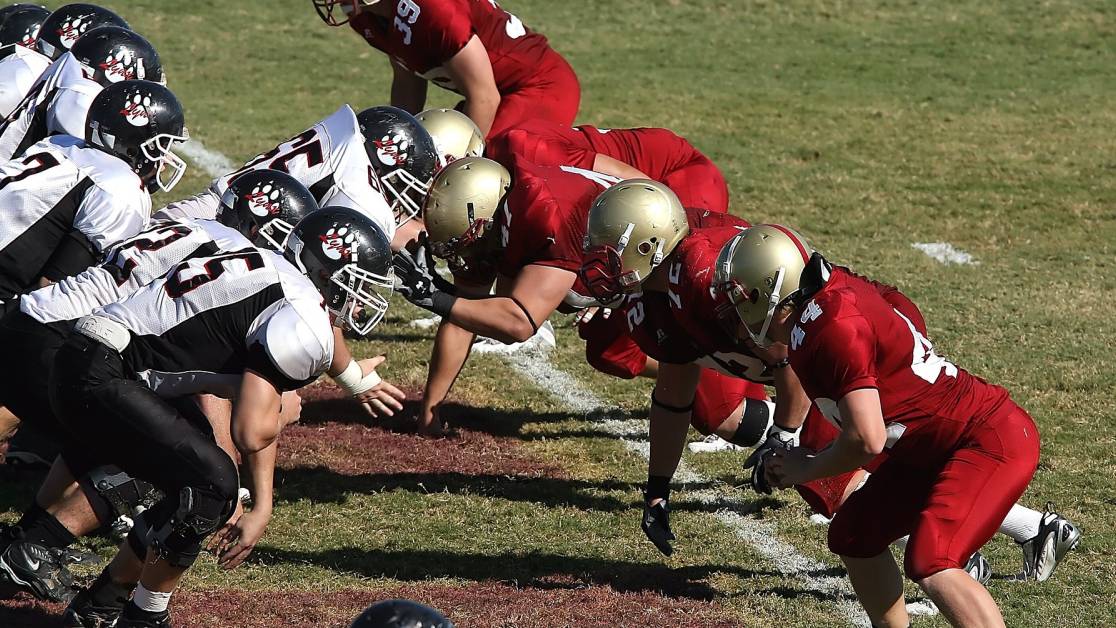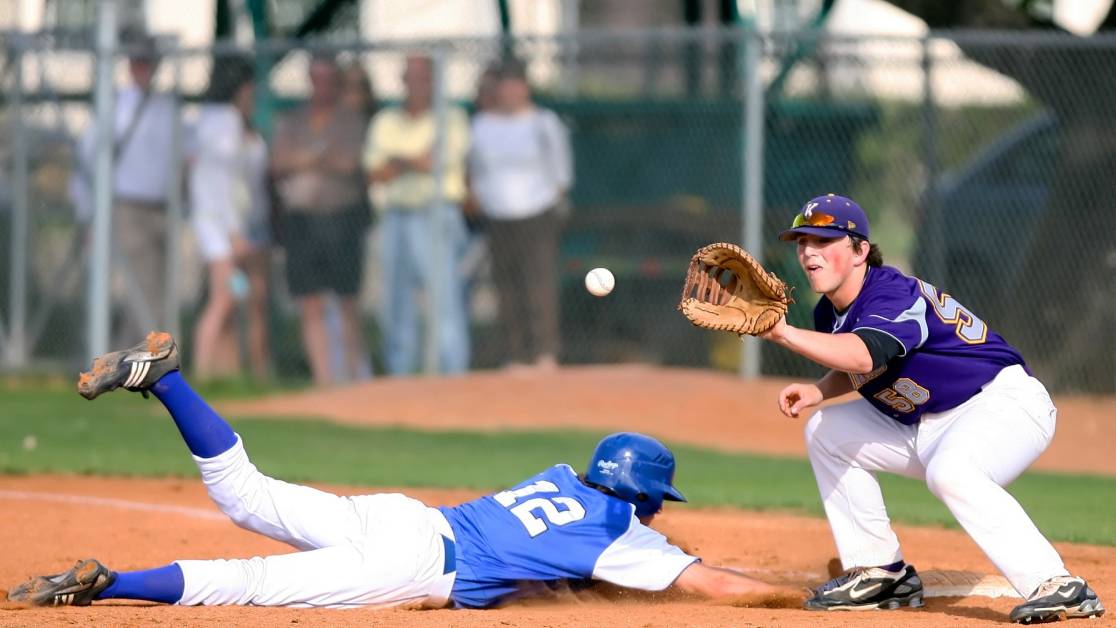The importance of clearly defining team roles

A sports team’s victories are of course based on its playing strategies and the players’ ability to cooperate to ensure the success of these strategies. The different roles played by the players (whether in soccer, field hockey, soccer or any other sport) also play a part. Most of these roles are very similar from one sport to another, so here’s a brief overview.
The defenders
Called full-backs in soccer, and stay-at-home and offensive defenders, these players ensure that the opposing team doesn’t have a chance to score a goal. They intercept the ball or puck before the other team’s players get too close to the goal. Lacrosse players rely on defenders and midfielders to perform this function.
The goalkeeper
Sports such as soccer, field hockey, handball or lacrosse require a goalkeeper. This player must ensure that the ball, puck or ball (in the case of lacrosse) does not cross the goal line and is, after the defenders, the last person who can prevent the opposing team from scoring.
The attackers
This category covers several roles, such as wingers and centers (or center forwards), in both soccer and field hockey. The main task of wingers is to carry the ball or puck up the sides of the field or rink to the center-forward. The centers then take over with decisive passes and shots on goal.
The captain
Although the captain has nothing to do with the players’ main duties on the pitch, the fact remains that this role, sometimes given on an honorary basis, is an important one for a sports team. The captain is often responsible for interacting with referees and game officials, and acting as an intermediary between them and the players on his team. He may also be called upon to apply game tactics according to the coach’s instructions. The captain is also a leader and an example of loyalty and sportsmanship.
The importance of clearly defining your role in the team
Each player has a specific role to play, and must also be familiar with the roles of his team-mates, in order to better interact with them and apply the strategies developed by the coach.
Indeed, understanding one’s role and responsibilities within the sports team has an impact on team performance and player satisfaction. Athletes also need to know what is expected of them, so that they can perform well and enjoy their sport. A clearly defined role and precise expectations guide the practice of the sport, increasing the sense of competence and motivation.
Understanding the role of other players is essential, so that each athlete can contribute to the team’s success by doing what he or she does best, and by trusting teammates to carry out other complementary functions. It’s all about recognizing one’s own strengths and those of others, and playing in harmony.
Karl Demers

On the same subject
Sports team management no longer has any secrets for you? Attendance management is difficult and you feel that no tool could make it easier for […]
As a coach, you've probably already had to deal with conflicts between your players. Resolving these disputes is no picnic, but it's essential […]
As a coach, you're bound to come across players with more challenging behavior. Here are some tips on how to deal with these difficult […]


